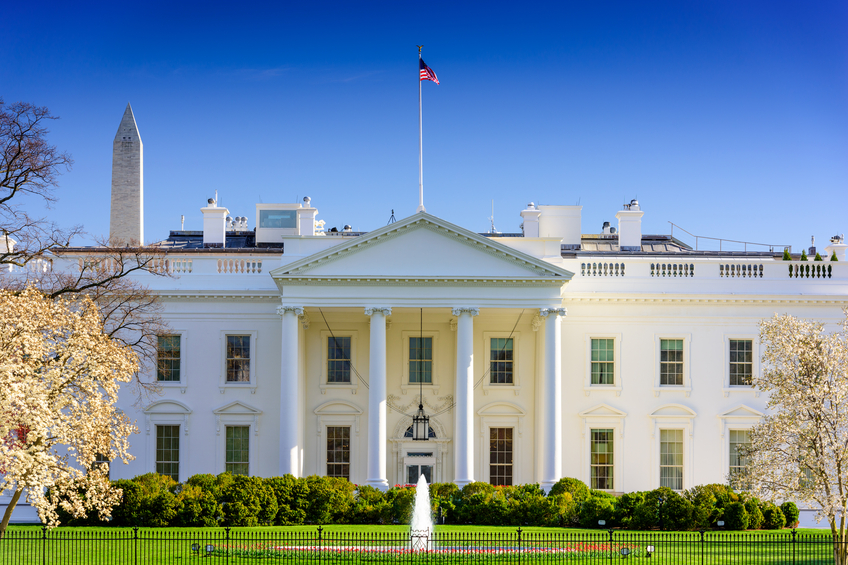President Barack Obama’s leadership has catalyzed a global transition toward a clean energy economy, the U.S. Department of Energy (DOE) has announced. Specifically, from 2010-2015 alone, the U.S. invested in more than $11 billion in international clean energy finance – including grant-based assistance, development finance and export credit – to support countries as they work to meet their growing energy needs and reduce carbon emissions.
At the same time, says the DOE, the U.S. has made research and development (R&D) a top priority – decreasing the cost of clean energy technologies substantially – and previously launched several initiatives to enhance universal access to cleaner energy:
- Establishing Mission Innovation (MI) with the leaders of 19 countries to accelerate innovation by doubling public investment in clean energy R&D to $30 billion over five years;
- Launching the Power Africa initiative, with a goal of doubling energy access in sub-Saharan Africa. To date, the U.S. government’s pledge to commit more than $7 billion in financial support for Power Africa has leveraged more than $52 billion in additional commitments from public and private sector partners; and
- Creating the Clean Energy Ministerial (CEM), which the U.S. has used to rally governments, industry and organizations to commit more than $1.5 billion to accelerate the deployment of clean energy globally.
Since 2010, says the DOE, the Overseas Private Investment Corp. (OPIC) has committed over $7.7 billion toward clean energy projects in 40 countries with a total potential capacity of approximately 3.4 GW, including support for 18 off-grid energy projects providers.
Today, the Obama administration is announcing a number of actions to continue the global transition to zero- and low-carbon energy sources:
- Committing $125 million in OPIC financing for renewable energy projects in El Salvador and India;
- Announcing seven Innovation Challenges identified by MI member countries that highlight clean energy areas with the potential to play a significant to achieve deep decarbonization;
- Creating a partnership between the United States Agency for International Development, the Department of State and the DOE’s National Renewable Energy Laboratory to identify a pipeline of clean energy entrepreneurs in developing countries;
- Providing $4 million in awards to eight household solar firms under the Power Africa Scaling Off Grid Grand Challenge – a $36 million investment to empower entrepreneurs and investors to connect 20 million households in sub-Saharan Africa to modern, clean and affordable electricity;
- Releasing a White House report on the state of the market for access to off-grid energy services and efficient appliances;
- Announcing more than $11 million raised, in partnership with other governments and development partners, for the deployment of efficient off-grid technologies globally through the Efficiency for Access Coalition;
- Launching a partnership with the philanthropic sector to bring more efficient appliances to rural Indian villages; and
- Supporting Africa’s first Solar Decathlon competition, which creates opportunities for university students to learn about and showcase solar energy technologies.
U.S. Energy Secretary Ernest Moniz has announced that the U.S. will launch and lead a challenge focused on realizing zero emissions for fossil fuels through the Carbon Capture Innovation Challenge. In the coming year, the U.S. will coordinate and host a workshop to assess barriers to progress in realizing near-zero CO2 emissions and to identify the most promising areas of R&D interest.
In addition, Moniz has announced that the U.S. will co-lead, with Mexico, the Energy Materials Innovation Challenge to accelerate the innovation process for high-performance, low-cost clean energy materials.
The DOE’s Office of Science will also organize four workshops over the next 12-18 months to identify the basic research needs for electrical energy storage, catalysis, hydrogen at scale and solar energy use. The DOE says the outcomes of these workshops will be an important contribution to the broader technology R&D discussions taking place at selected Innovation Challenge workshops. MI members are invited to send experts in their field to participate in the DOE-organized workshops.
More on the initiatives can be found here.




